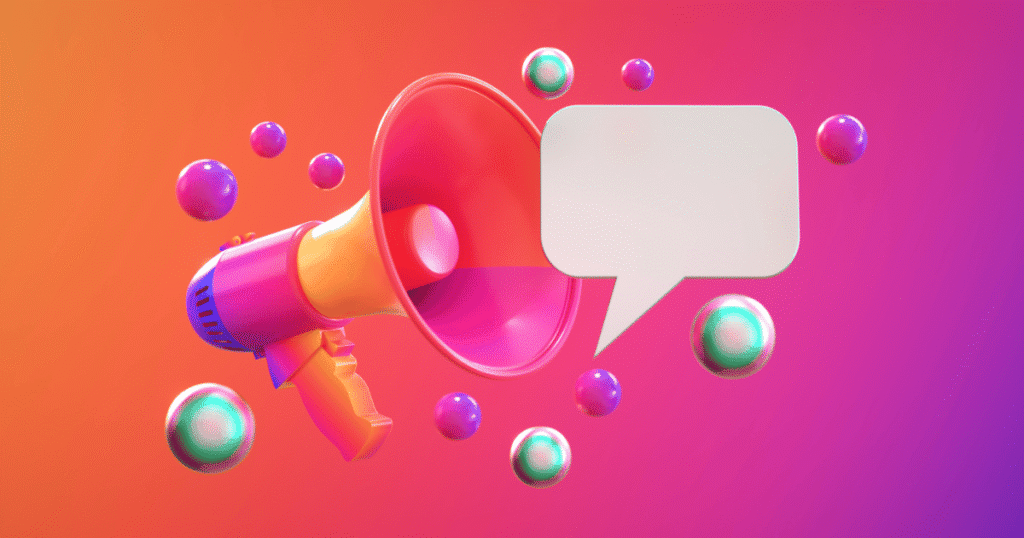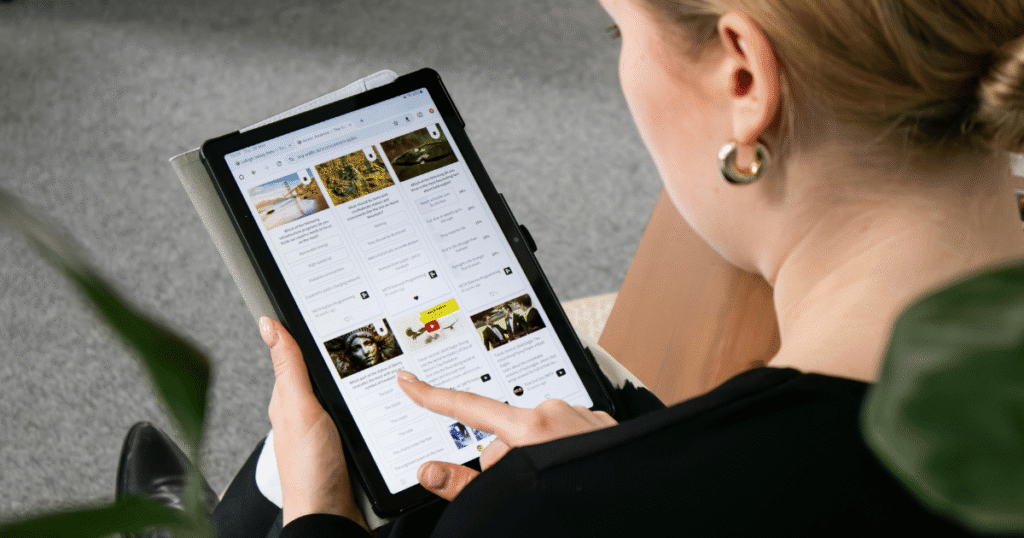Introduction to Influencer Archetypes
In the noisy world of social media and content overload, archetypes are like shortcuts for our brains. They help people instantly connect with personalities because they feel familiar. When it comes to male influencers, these male influencer archetype are quietly shaping modern marketing in ways most people don’t even realize.
What Are Influencer Archetypes?
Think of male influencer archetype as templates—predictable yet powerful personality patterns that audiences recognize and trust. male influencer archetype help marketers match the right face to the right brand, creating stronger emotional and psychological connections with consumers.
The Rise of Male Influencers in Digital Spaces
While influencer culture was initially dominated by beauty and fashion niches (mainly female influencers), the male side of the industry is growing fast. From tech to fitness, finance to lifestyle, men are now dominating many verticals, each with their own unique archetype.
Understanding the Psychology Behind Archetypes
Carl Jung’s Archetype Theory
The whole concept goes back to Carl Jung, who believed we all have collective unconscious patterns—like the Hero, the Sage, the Rebel. In marketing, these patterns play out in the influencers we follow and trust.
Why Archetypes Resonate With Audiences
They’re like visual and emotional “shortcodes.” You don’t have to explain why a tech nerd reviewing phones is trustworthy—you just feel he knows his stuff. Archetypes bypass logic and hit straight to the emotional core.
Common Male Influencer Archetypes
The Alpha Leader
The one who leads from the front—confident, decisive, and high-performance. Think fitness influencers or entrepreneurs who post motivational reels and “wake up at 5AM” routines.
Traits and Brand Fit
- Ambition, control, confidence
- Great for fitness, finance, self-improvement brands
The Relatable Everyman
Down-to-earth, honest, just like “one of us.” These influencers build trust by being authentic, showing their flaws, and connecting emotionally.
Emotional Connection and Trust
- Powerful for lifestyle, mental health, parenting products
- Great for humanizing brands
The Expert Authority
This guy knows his stuff. Whether it’s reviewing gadgets, giving investment advice, or explaining crypto—people follow him for insights.
Niche Knowledge and Thought Leadership
- Ideal for tech, B2B, finance, education
- Brands benefit from his credibility
The Rebellious Maverick
He’s loud, unfiltered, maybe controversial—but he gets attention. He’s the risk-taker who challenges the status quo.
Breaking Norms and Creating Buzz
- Suited for streetwear, music, gaming
- Creates high engagement and virality
The Charismatic Entertainer
Funny, expressive, and full of energy. This archetype lives for the spotlight and knows how to make content stick.
Personality-Driven Engagement
- Excellent for entertainment, food, meme products
- Drives shares and mass appeal
Why These Archetypes Matter in Marketing

Targeting Consumer Personas
By aligning with a specific archetype, brands can directly connect with their desired audience. It’s marketing with precision, not guesswork.
Boosting Brand Identity and Recall
An influencer archetype that fits a brand’s identity makes the brand more memorable. When people see that archetype, they think of the brand.
Enhancing Engagement Through Personality Alignment
When followers feel an emotional connection with an influencer, engagement skyrockets. That translates into better results for campaigns.
Case Studies of Male Influencer Archetypes in Action
The Alpha – Dwayne “The Rock” Johnson
He’s the go-to guy for power, leadership, and hustle. Perfect for Under Armour and energy drinks.
The Everyman – Zach King
Relatable, clean, creative. Works well with brands like Apple or Toyota that want broad appeal.
The Expert – Marques Brownlee (MKBHD)
His in-depth reviews make him the top tech influencer. Trusted by brands like Google, Tesla, and Samsung.
The Maverick – Logan Paul
Love him or hate him, he grabs attention. Great for brands wanting edgy exposure.
The Entertainer – Khaby Lame
No words, just expressions. Perfect for global brands like TikTok, Meta, or Amazon.
How Brands Can Leverage Male Archetypes
Matching Brand Tone with Influencer Type
A luxury watch brand won’t pair with a comedic prankster. It’s all about vibe match. Brands need to choose wisely.
Long-Term Ambassadorships vs. Campaign Roles
Archetypes help decide whether an influencer should represent the brand long-term or just support a single campaign.
Avoiding Stereotypes While Using Archetypes
There’s a thin line between an archetype and a stereotype. Keep it fresh, respectful, and real.
Challenges and Risks
Misalignment Between Archetype and Brand
If your brand is calm and professional but you pair with a chaotic influencer? Expect chaos in return.
Audience Perception Shifts
If an influencer changes their content style, the archetype may no longer fit—and the brand relationship can suffer.
Cultural and Gender Sensitivity
Not all markets interpret archetypes the same way. Be aware of cultural nuances and evolving gender roles.
The Future of Male Influencer Archetypes
Evolving Masculinity and Digital Identity
Today’s masculinity is more nuanced. We’re seeing emotional vulnerability, mental health awareness, and softer sides of men—and that’s changing the game.
Rise of Hybrid Archetypes
We’re seeing blends—like the “Funny Expert” or “Emotional Alpha.” The lines are blurring, and brands need to adapt quickly.
Conclusion
male influencer archetype aren’t just a creative branding tool—they’re a marketing superpower. They help brands tell better stories, reach the right people, and spark emotional connections that convert. The key is understanding who your brand is and what archetype can bring that story to life.
FAQs
What is the most effective male influencer archetype?
There’s no one-size-fits-all. It depends on the brand and audience. For authority? Go with The Expert. For engagement? Try The Entertainer.
Can a single influencer fit into multiple archetypes?
Absolutely. Some influencers blend traits—like being both relatable and expert. These hybrids can be gold for marketing.
Are male influencer archetypes effective across all industries?
Yes, but effectiveness varies. Tech, fitness, and lifestyle industries thrive with archetypes. Niche B2B sectors may need careful alignment.
How do brands avoid cliché archetype usage?
By choosing real, authentic influencers who live the archetype, not just play a role. Authenticity always wins.
Are male archetypes relevant in B2B marketing too?
Definitely. Even in B2B, people connect with people. The Expert and Authority archetypes are especially strong in professional spaces.



